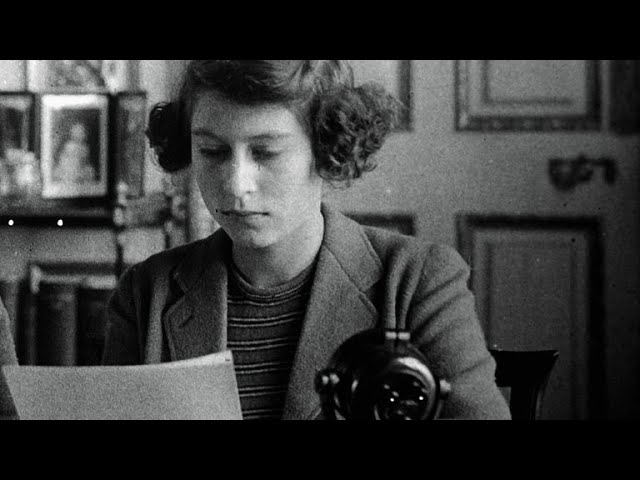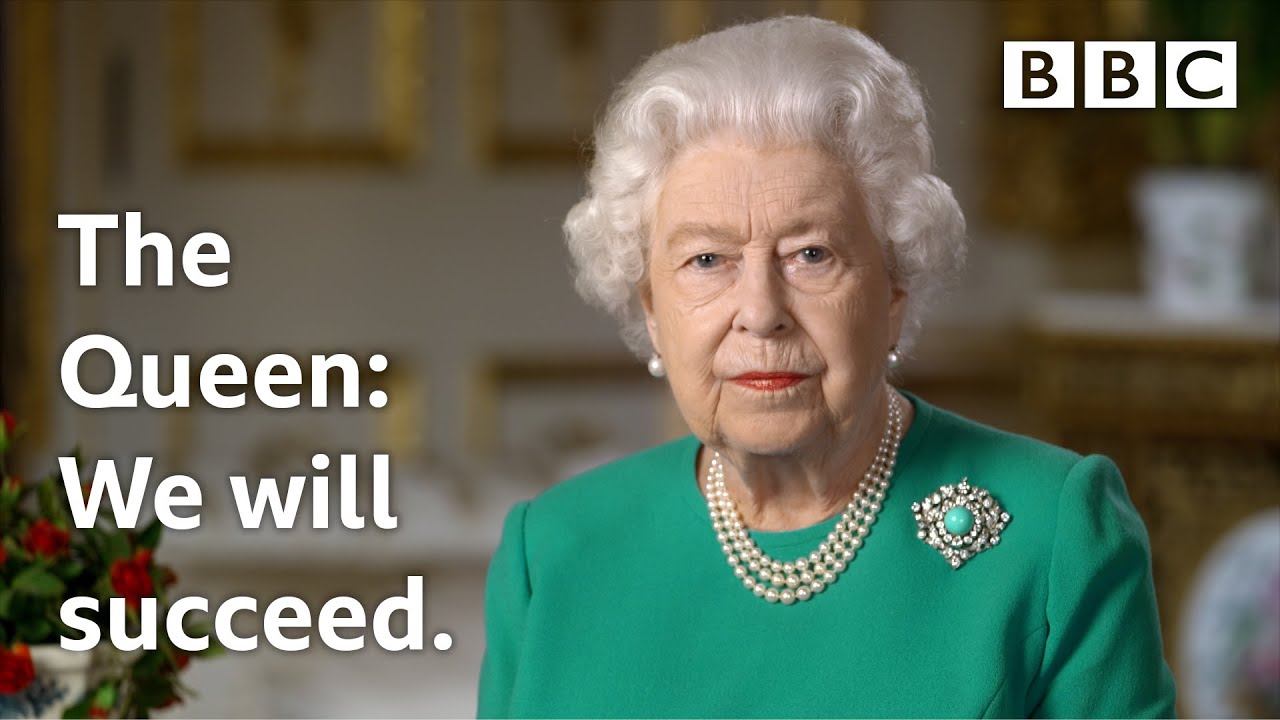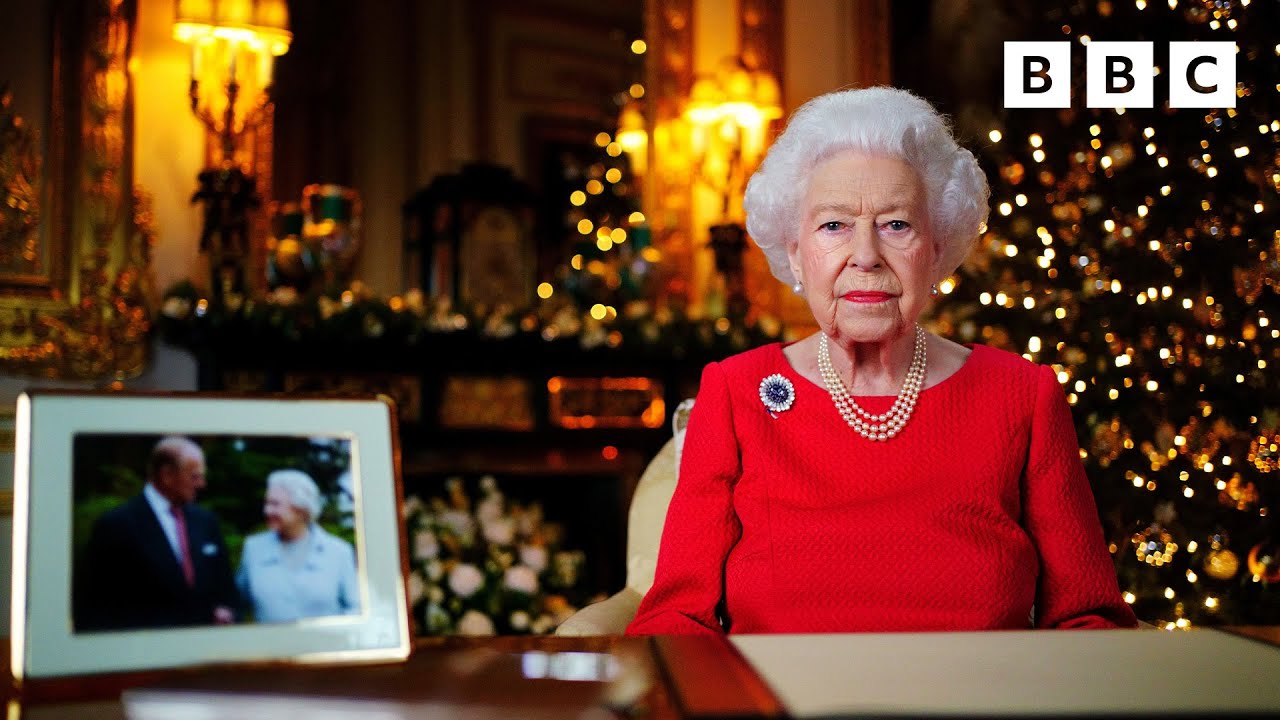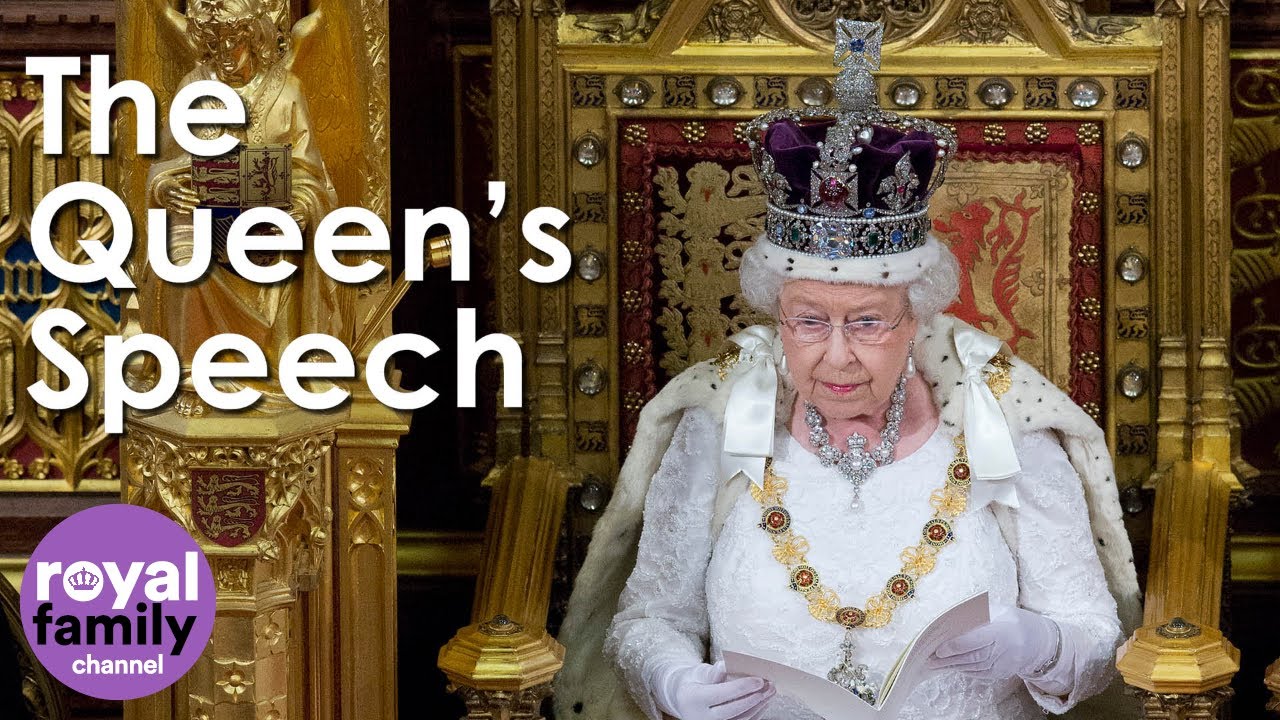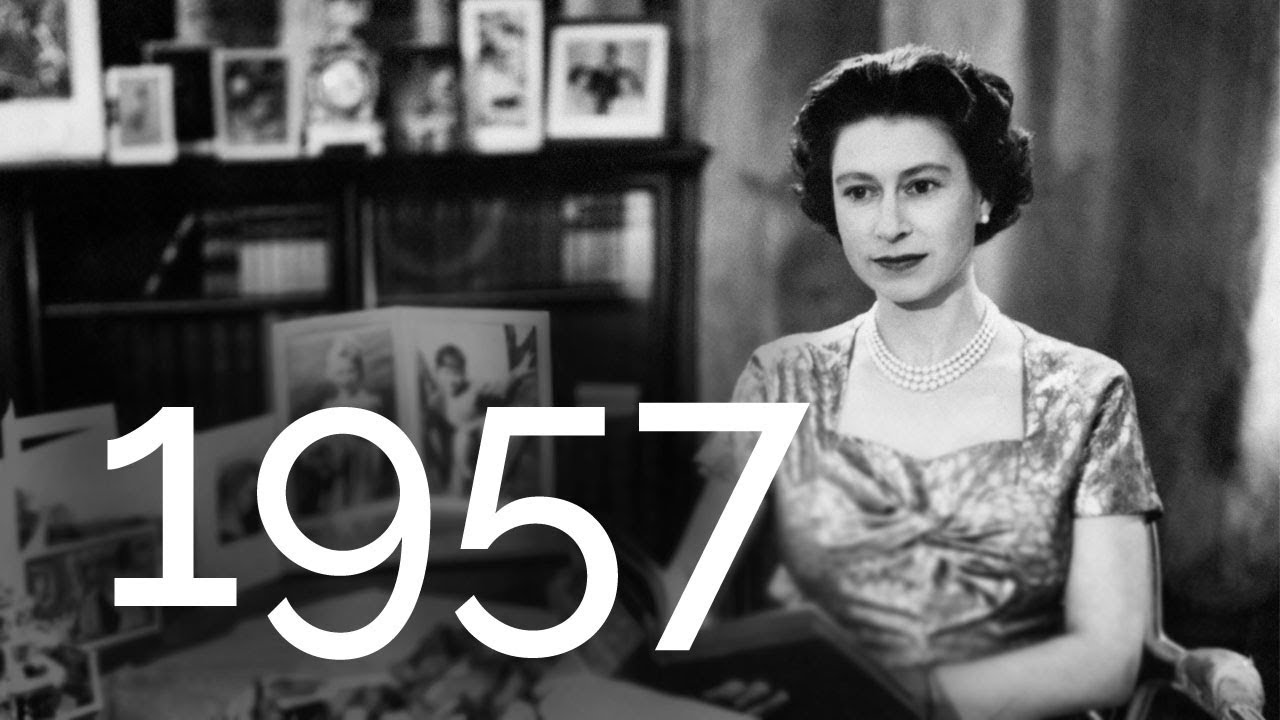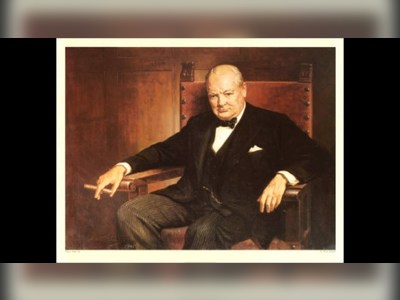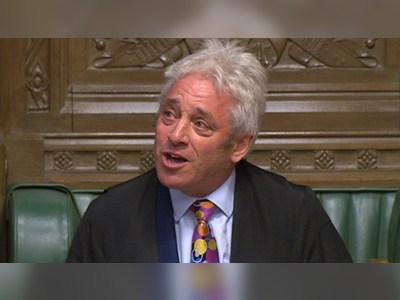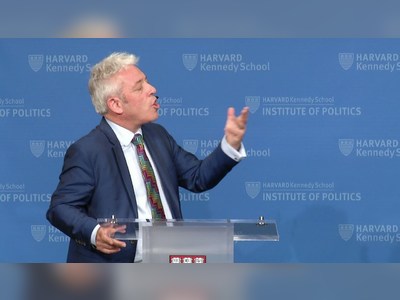British Heritage
Remember, Cherish, Learn.
beta
Princess Elizabeth's First Speech in Wartime 1940
A Beacon of Hope during Wartime and a Pillar of British Heritage.
In the annals of British heritage, few figures stand as prominently as Queen Elizabeth II. But long before she ascended the throne, the young Princess Elizabeth, with a maturity beyond her years, made a crucial contribution to her nation's spirit during the dark days of World War II. Her first radio broadcast, a morale-boosting speech addressed to the children of Britain and the Commonwealth, resonates through history, marking the beginning of a lifetime of public service that would become central to British identity and heritage.
Born on April 21, 1926, Elizabeth Alexandra Mary Windsor was the first child of the Duke and Duchess of York, later known as King George VI and Queen Elizabeth. In the throes of the Second World War, in 1940, a pivotal moment arrived for the 14-year-old princess. Tasked by Prime Minister Winston Churchill, she was to give a radio speech to uplift the spirits of a nation wearied by the relentless onslaught of war.
On October 13, 1940, the young Princess Elizabeth, accompanied by her sister Princess Margaret, delivered an inspiring speech from Windsor Castle. The address was primarily targeted at the younger generation, many of whom had been evacuated from their homes to safeguard against Nazi raids. These children were scattered across the countryside or sent abroad to countries like Canada, America, and Australia.
Princess Elizabeth's heartfelt message was one of sympathy, understanding, and solidarity. "My sister, Margaret Rose and I, feel so much for you as we know from experience what it means to be away from those we love most of all,” she declared during her broadcast for the BBC’s Children’s Hour program. The address marked a turning point in the nation's spirit, injecting a sense of hope into the grim wartime reality.
The speech was received with overwhelming positivity, marking the initiation of regular broadcasts for child evacuees. Even King George VI, initially hesitant about his young daughter's public address, expressed his delight at the result. Princess Elizabeth's voice, eerily similar to that of the Queen's, conveyed a profound sense of empathy and comfort to the British people.
Since that seminal broadcast, Queen Elizabeth's speeches have become integral to British culture. They represent a shared history, a collective memory, and a tradition that continues to shape the nation's identity. Her annual Christmas Day speeches, where she encapsulates the year's significant events and milestones within her own family, attract millions of viewers worldwide.
In her 2020 speech, the Queen harked back to that historic moment eighty years prior, drawing parallels between the sense of separation experienced during WWII and the isolation imposed by the COVID-19 pandemic. Her ability to address contemporary issues while evoking a shared historical experience is a testament to her deep understanding of the emotional landscape of her subjects.
Queen Elizabeth's journey from a young princess to the longest-reigning British monarch has been marked by numerous milestones. However, her first public address in 1940 is a singular event that revealed her innate ability to connect with her people and offer comfort in times of turmoil.
Over the decades, her speeches have become a vital aspect of British heritage, embodying national values and evoking shared experiences. Her presence on the airwaves has provided continuity and comfort during periods of change and uncertainty, reaffirming the monarchy's role in the nation's consciousness. These broadcasts, initiated by a young princess during the darkest days of World War II, have become synonymous with the Queen herself, her legacy, and the broader narrative of British history.
A Radiant Youth in a Time of Shadows
Born on April 21, 1926, Elizabeth Alexandra Mary Windsor was the first child of the Duke and Duchess of York, later known as King George VI and Queen Elizabeth. In the throes of the Second World War, in 1940, a pivotal moment arrived for the 14-year-old princess. Tasked by Prime Minister Winston Churchill, she was to give a radio speech to uplift the spirits of a nation wearied by the relentless onslaught of war.
On October 13, 1940, the young Princess Elizabeth, accompanied by her sister Princess Margaret, delivered an inspiring speech from Windsor Castle. The address was primarily targeted at the younger generation, many of whom had been evacuated from their homes to safeguard against Nazi raids. These children were scattered across the countryside or sent abroad to countries like Canada, America, and Australia.
Words That Echoed Through the Ages
Princess Elizabeth's heartfelt message was one of sympathy, understanding, and solidarity. "My sister, Margaret Rose and I, feel so much for you as we know from experience what it means to be away from those we love most of all,” she declared during her broadcast for the BBC’s Children’s Hour program. The address marked a turning point in the nation's spirit, injecting a sense of hope into the grim wartime reality.
The speech was received with overwhelming positivity, marking the initiation of regular broadcasts for child evacuees. Even King George VI, initially hesitant about his young daughter's public address, expressed his delight at the result. Princess Elizabeth's voice, eerily similar to that of the Queen's, conveyed a profound sense of empathy and comfort to the British people.
The Voice of Monarchy: A Tradition Enshrined in British Heritage
Since that seminal broadcast, Queen Elizabeth's speeches have become integral to British culture. They represent a shared history, a collective memory, and a tradition that continues to shape the nation's identity. Her annual Christmas Day speeches, where she encapsulates the year's significant events and milestones within her own family, attract millions of viewers worldwide.
In her 2020 speech, the Queen harked back to that historic moment eighty years prior, drawing parallels between the sense of separation experienced during WWII and the isolation imposed by the COVID-19 pandemic. Her ability to address contemporary issues while evoking a shared historical experience is a testament to her deep understanding of the emotional landscape of her subjects.
A Royal Legacy
Queen Elizabeth's journey from a young princess to the longest-reigning British monarch has been marked by numerous milestones. However, her first public address in 1940 is a singular event that revealed her innate ability to connect with her people and offer comfort in times of turmoil.
Over the decades, her speeches have become a vital aspect of British heritage, embodying national values and evoking shared experiences. Her presence on the airwaves has provided continuity and comfort during periods of change and uncertainty, reaffirming the monarchy's role in the nation's consciousness. These broadcasts, initiated by a young princess during the darkest days of World War II, have become synonymous with the Queen herself, her legacy, and the broader narrative of British history.
